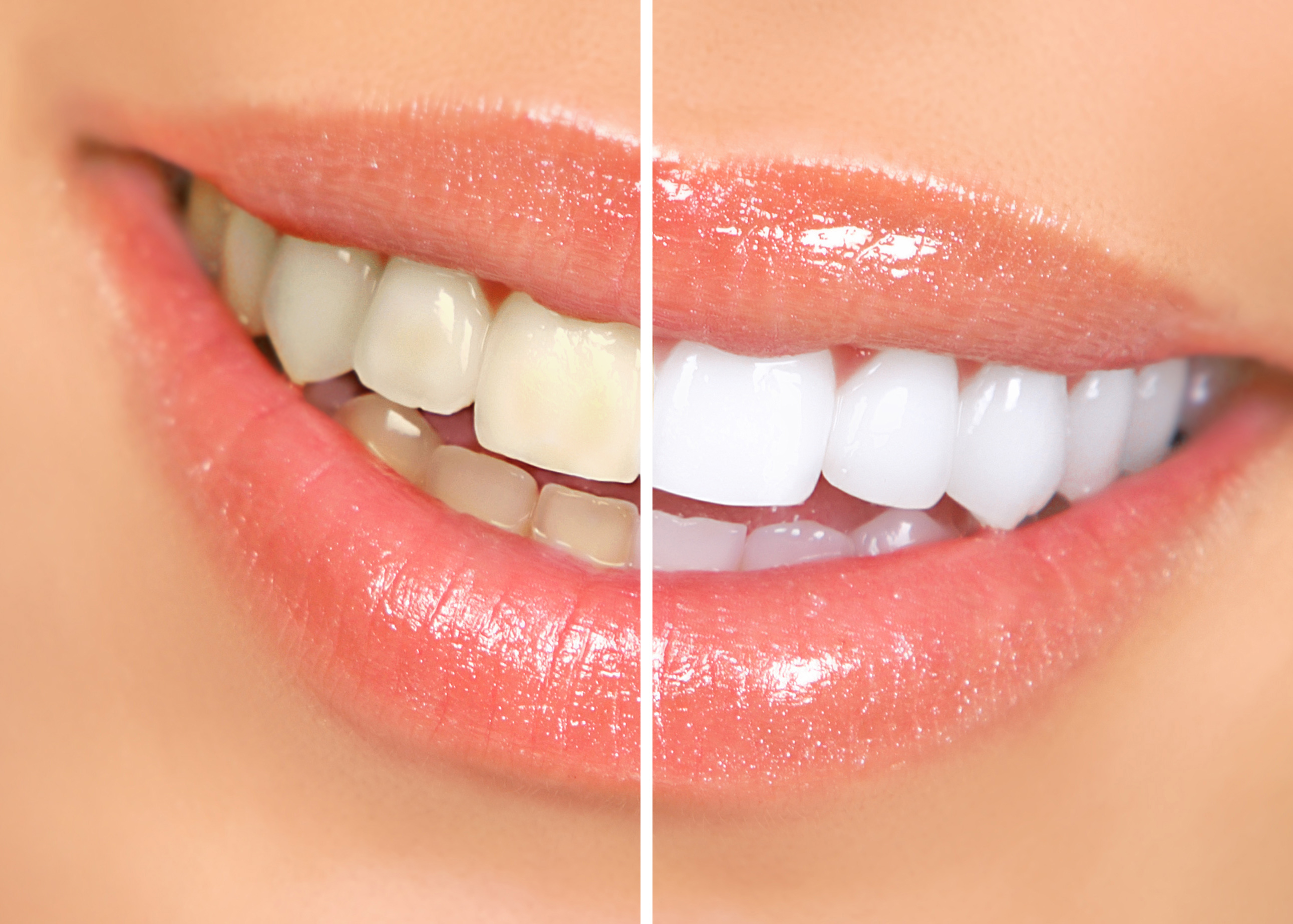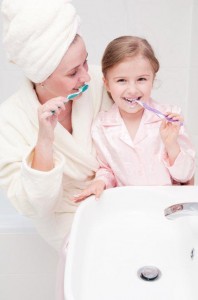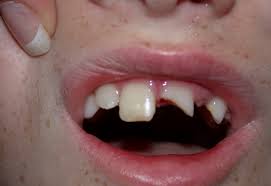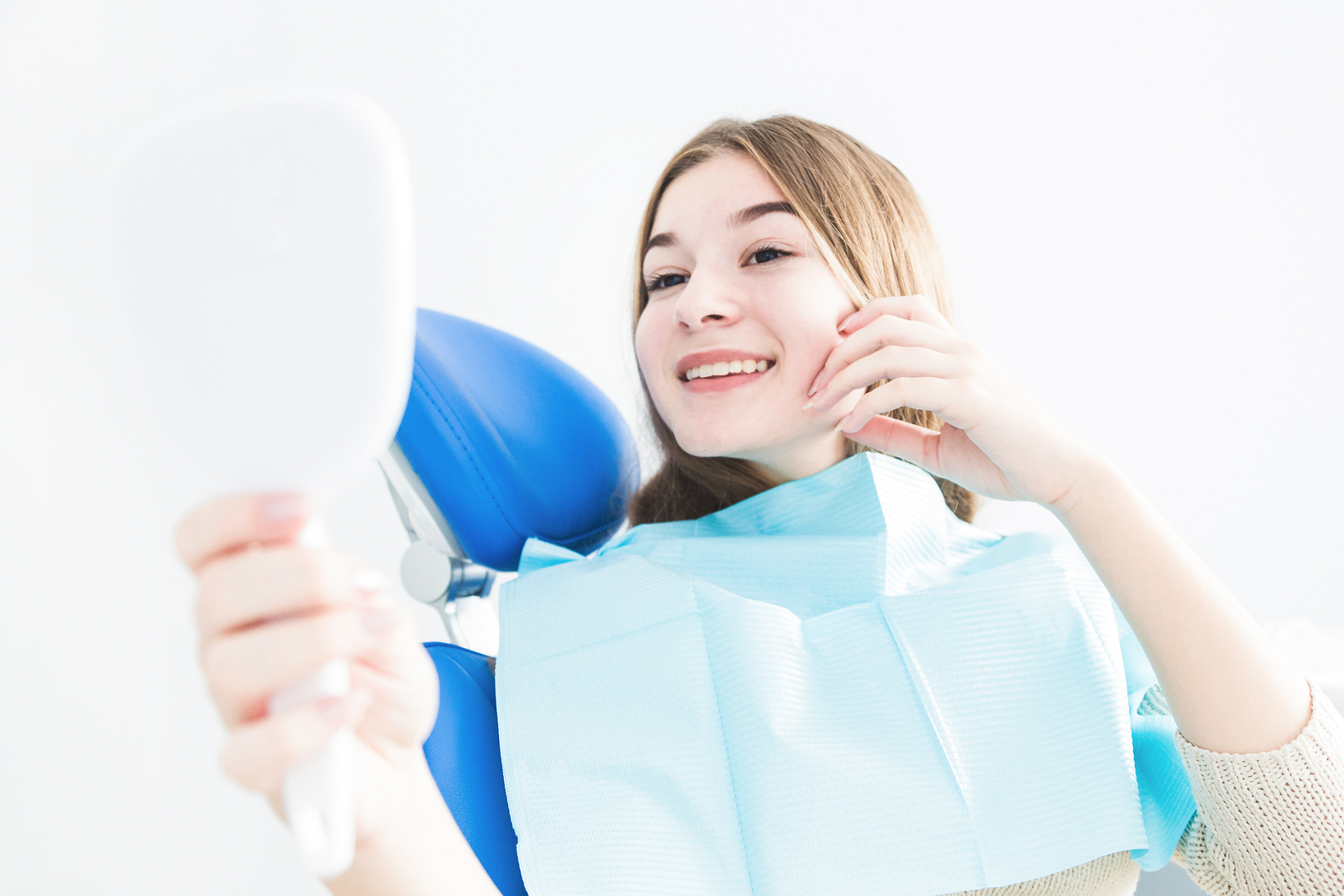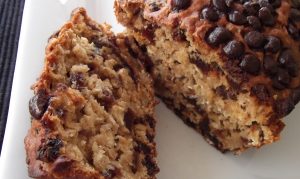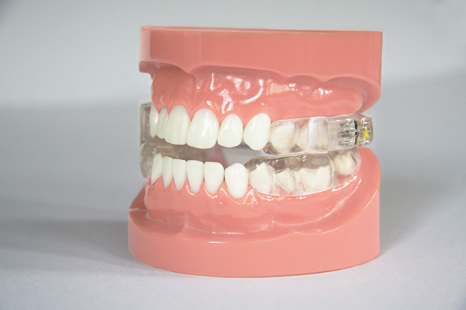Recently, our team came across a real life example of how much your life can be impacted by your smile.
A patient came to Vivid Dental with concerns about a dark, discoloured front tooth. She was a nineteen year old young lady who presented herself beautifully, however her discoloured tooth meant she was too self conscious to smile showing teeth.
She dreaded photos and job interviews, she was too shy for first dates, and she tried to cover her mouth as much as possible. Many dentists had suggested complicated, invasive, costly procedures – which had simply confused both her, and her mother. Often, there can be a simpler solution to improve your smile.
Causes of discolouration and darkness in teeth can often be attributed to:
Calculus and Tartar
This is the most common reason for teeth to be discoloured or black. Tartar is a build up of bacteria and plaque which hardens and can form small dark specks on the teeth’s surface. A thorough scale and clean can remove tartar and plaque, and a prophylaxis polish can bright your smile, removing surface stains.
Dental Decay
If you notice a dark spot on your teeth or between your teeth, it could be a cavity. If you notice a shadowy, grey or black spot on a tooth or between two teeth, book in to see us as soon as possible. When flossing, pay particular attention: does the floss snag or catch on specific teeth? This could be signs of a cavity as well.
Previous Trauma
If you’ve had a knock to your teeth or jaw, this can cause nerve damage. When the nerve inside a tooth is damaged or dies, this stops blood flow to the tooth and can cause discolouration. It’s crucial to have this seen to, as ignoring the issue can result in severe complications such as abscesses.
In the case of our beautiful nineteen year old patient, her discolouration was caused by deep staining. We were able to remove a very minor amount of the stained surface enamel, and place a composite veneer over the tooth – resulting in a whiter, tooth coloured, natural looking finish, whilst avoiding costly, invasive treatments.
The difference in this young woman’s confidence was massive – she was smiling proudly, from ear to ear. She visited us to let us know how happy she was and how she had landed not only a first date, but a second and third! She now enjoyed taking pictures with friends and smiling all the time. Think of how much your life could change, simply by improving your smile.
Call us now and let us help you.
Click on our Smile Gallery to look at some pictures






